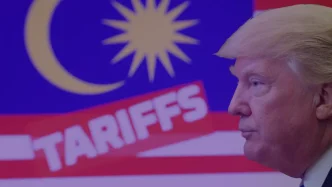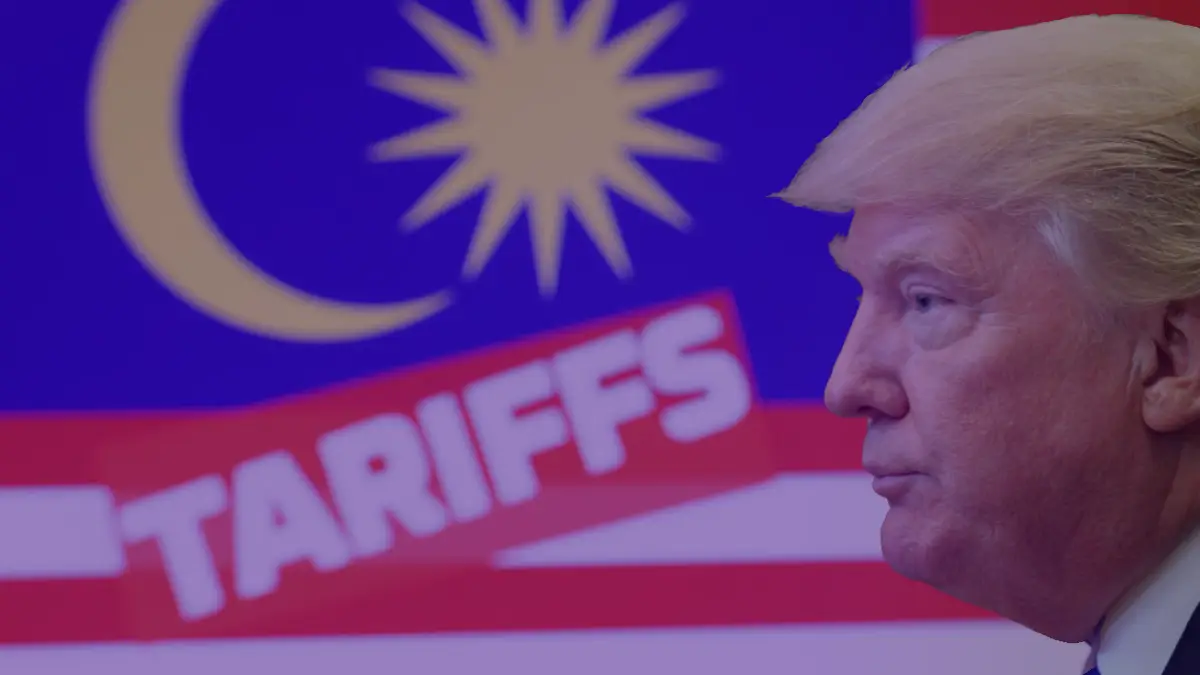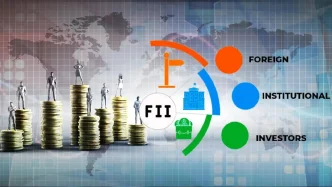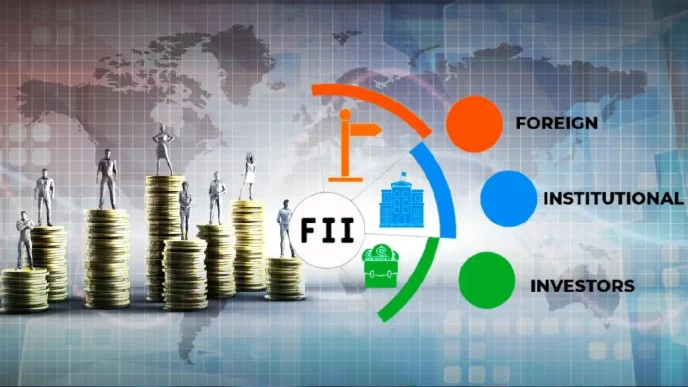Malaysia will only import liquefied natural gas (LNG) from the United States if the prices are competitive and the volumes align with the country’s actual energy demands, Prime Minister Anwar Ibrahim announced during a recent session of Prime Minister’s Question Time in the Dewan Rakyat, Malaysia’s lower house of parliament. This cautious approach underscores the government’s balancing act between securing energy supplies and protecting the financial health of Petronas, the national oil and gas company, amid evolving domestic and international pressures.
Strategic Imports and Economic Prudence
Anwar emphasized that Petronas, which already imports a portion of LNG from the US, would base its decisions on Malaysia’s capacity and specific requirements. “So Petronas’s decision depends on our capacity and requirements. We will not import more than that, but we must also remember that we export as well” he stated during the parliamentary session on July 7, 2025. The prime minister highlighted the importance of maintaining a balance, noting that Malaysia’s LNG exports remain in high demand in major markets such as Japan, South Korea, and China. “If the price is competitive and the project is considered conventionally viable, it makes sense to import more, including from the US” he added.
The statement came in response to concerns raised by Syed Saddiq Syed Abdul Rahman, a member of parliament from the Muda-Muar constituency, regarding the potential impact of substantial LNG purchases on Petronas’s profitability. Reports indicate that Malaysia has committed to annual LNG purchases worth approximately US$3.4 billion (RM14.39 billion, ~US$3.4 billion) as part of a trade agreement with Washington aimed at reducing tariff rates. This deal, while strategically important for bilateral relations, adds pressure to Petronas at a time when the company faces declining profits and operational challenges.
Petronas Under Pressure
Petronas, a cornerstone of Malaysia’s economy, is grappling with multiple headwinds that threaten its financial stability. In June 2025, Tengku Muhammad Taufik, the company’s president and group CEO, warned that Malaysia could become increasingly reliant on LNG imports over the next five years as domestic gas reserves dwindle. This growing dependency on foreign supplies raises questions about long-term energy security and the cost implications for both Petronas and Malaysian consumers.
Compounding these concerns is the recent decision to transfer control of gas distribution in Sarawak, a resource-rich state on the island of Borneo, to the state-owned entity Petros. This shift, driven by Sarawak’s push for greater autonomy over its energy resources, could significantly impact Petronas’s revenue streams. Analysts from CreditSights, a financial research firm, estimate that Petronas’s earnings might decline by up to 11% due to this handover, though they anticipate that LNG revenues will remain relatively stable in the near term. However, Emir Research, a local think tank, has issued a more dire warning, suggesting that the company could face a revenue loss of up to 30% if the restructuring fundamentally alters its operations in Sarawak.
These financial pressures have already prompted Petronas to implement cost-cutting measures, including a reported reduction of approximately 10% of its workforce. Such decisions reflect the broader challenges facing national oil companies worldwide as they navigate volatile global energy markets, geopolitical tensions, and the transition to cleaner energy sources. For Malaysia, a country heavily reliant on oil and gas revenues to fund public services and infrastructure, the stakes are particularly high.
Global Energy Dynamics and Malaysia’s Position
Malaysia’s cautious stance on LNG imports from the US must be viewed within the broader context of global energy dynamics. The United States has emerged as a leading exporter of LNG in recent years, thanks to advancements in shale gas extraction and liquefaction technologies. For countries like Malaysia, which require reliable and affordable energy supplies to fuel industrial growth and meet domestic demand, partnerships with major exporters like the US offer a potential solution. However, the high cost of trans-Pacific shipments and fluctuating global prices often make such imports a costly proposition.
At the same time, Malaysia remains a significant player in the LNG export market, particularly in Asia, where demand continues to grow. The country’s strategic location and established infrastructure, including the Petronas LNG complex in Bintulu, Sarawak, position it as a key supplier to energy-hungry economies like China. Anwar’s comments in parliament reflect this dual role, emphasizing that any decision to increase imports must be weighed against Malaysia’s export commitments and domestic needs.
The trade agreement with the US, which includes the substantial LNG purchase commitment, also highlights the intersection of energy policy and international diplomacy. By agreeing to these imports, Malaysia secures favorable tariff reductions, potentially boosting other sectors of its economy. However, the financial burden on Petronas raises questions about the long-term sustainability of such arrangements, particularly if global LNG prices remain volatile or if domestic production continues to decline.
Domestic Implications and Political Debate
Within Malaysia, the issue of LNG imports has sparked debate over energy policy and economic priorities. Critics argue that over-reliance on imported gas could undermine national energy security and expose the economy to external shocks. Syed Saddiq’s question in parliament reflects these concerns, focusing on how Petronas can safeguard its profits while fulfilling international commitments. The reported US$3.4 billion annual expenditure on LNG imports represents a significant outlay for a company already facing revenue challenges, prompting calls for greater transparency in how such deals are negotiated and implemented.
The handover of Sarawak’s gas distribution to Petros adds another layer of complexity. Sarawak, which holds some of Malaysia’s largest gas reserves, has long sought greater control over its natural resources as part of a broader push for state autonomy. While this move aligns with local political aspirations, it risks fragmenting the national energy sector and reducing Petronas’s operational efficiency. Analysts warn that if other states follow Sarawak’s lead, Petronas could face further erosion of its market position, with ripple effects on federal revenues and economic planning.
Looking Ahead: Balancing Energy and Economy
As Malaysia navigates these challenges, the government and Petronas must strike a delicate balance between securing affordable energy supplies and maintaining financial stability. Anwar’s insistence on competitive pricing and alignment with national needs signals a pragmatic approach, but the road ahead is fraught with uncertainty. The potential revenue losses from the Sarawak handover, coupled with growing dependence on LNG imports, could constrain Petronas’s ability to invest in new projects or adapt to the global energy transition.
For now, the focus remains on ensuring that any additional imports from the US deliver tangible economic benefits without undermining Petronas’s bottom line. As global energy markets continue to evolve, Malaysia’s decisions in the coming years will shape not only its energy landscape but also its position as a regional economic powerhouse. Whether the country can maintain this delicate equilibrium remains an open question, one that will likely dominate policy discussions in Kuala Lumpur for the foreseeable future.













